Forward Future
Forward Future Section is about to Kick off; Let’s Take Glance at Extraordinary Creative Journey of New Directors!
The Forward Future section of the 12th Beijing International Film Festival (BJIFF) is about to officially kick off on August 13, 2022.
With its inception at the 4th BJIFF in 2014, the Forward Future section aims to encourage the film industry to pursue innovation, energize the creativity of film art, discover and introduce new filmmakers, keep closer pace with the trend of the industry, showcase the rich and diversified cultural connotations of film art, and promote cooperation and exchanges among young filmmakers from all over the world. Young filmmakers from all over the world are invited to submit outstanding films with different subjects, genres, and styles.
Laser-focused on the debut or second feature films of young filmmakers across the global, Forward Future gives encouragement to innovation and diversity in cinema, and culminates in fitting innovation into the BJIFF and even the film industry worldwide. It can be linked to Un Certain Regard at the Festival de Cannes, Venice Horizons, and Berlinale Generation—all of which are a section that “solely focuses on the film itself”. Here, not only can you watch the best, most cutting-edge, and personalized films, but also you can know what young filmmakers from all over the world are thinking, exploring and trying to express. Passionate and expressive, they as a new generation are breathing new life into the world cinema and and shining in all their splendor.
This year’s 15 films shortlisted in the Forward Future section are from 13 countries and regions, which set themselves apart from nearly 600 entries. Among them, 14 films will be screened at the event, including works by emerging directors from France, Italy, Turkey, Argentina, Mexico, the Czech Republic, Peru, Slovenia, Colombia, Japan, and the United States, as well as the highly anticipated new Chinese-language films Journey to the West and Love Found Love Lost. Each of the finalists is full of surprises. Now let’s catch a sneak preview of what each young director thinks about in the making.
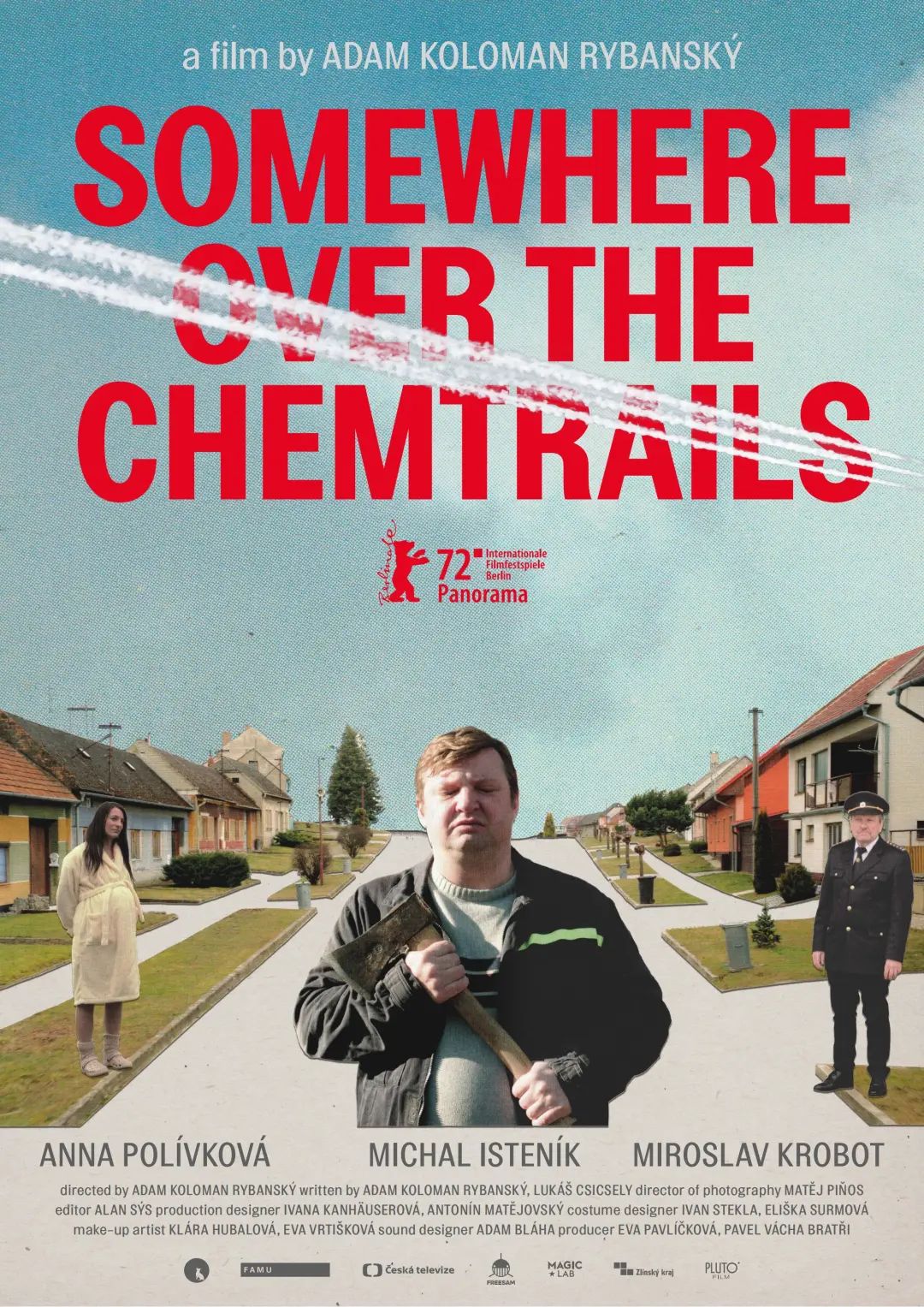
《疑云之上》
Somewhere Over the Chemtrails
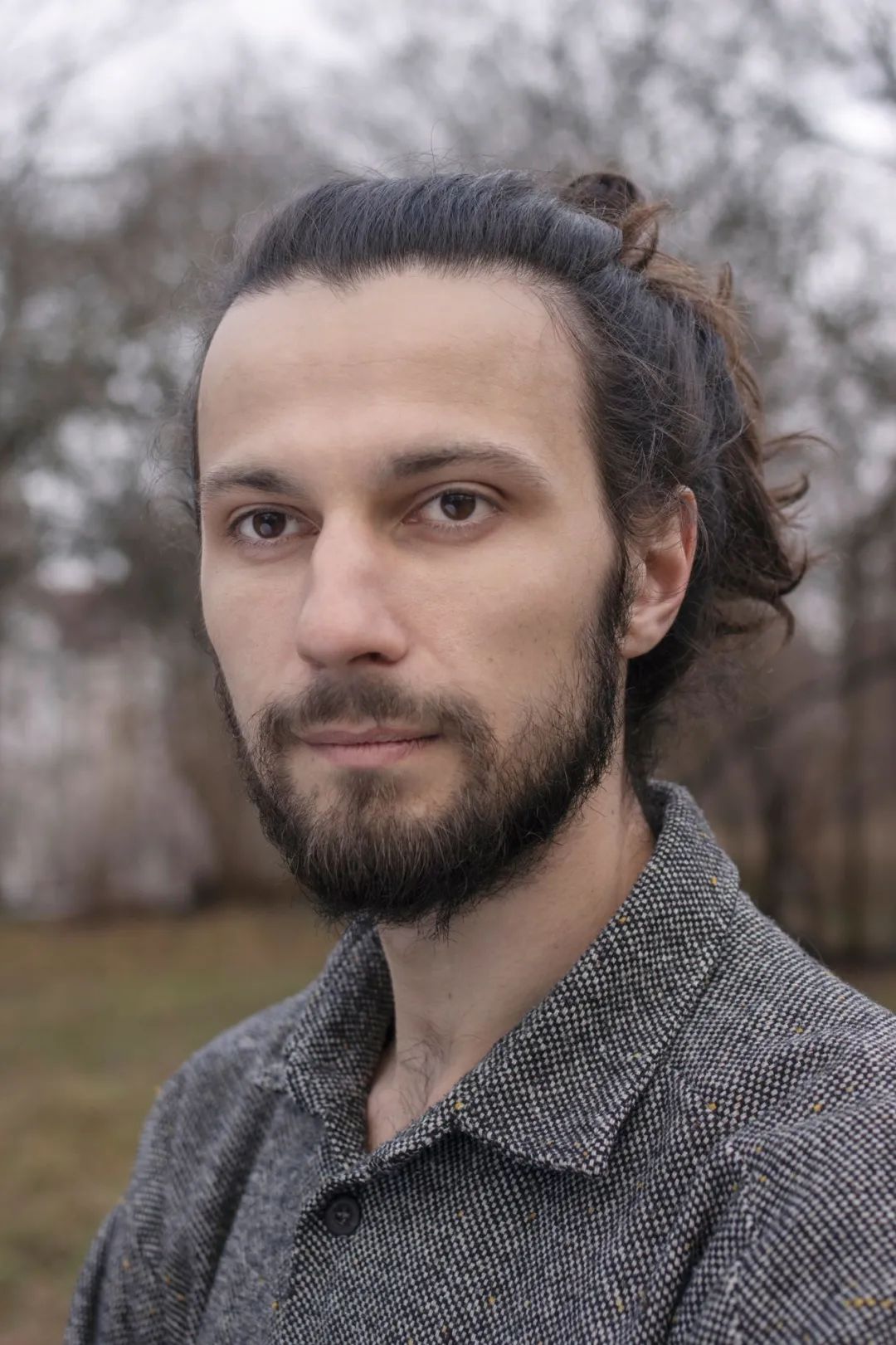
导演:亚当·科勒曼·吕班斯基
Director: Adam Koloman Rybansk?
With Somewhere Over the Chemtrails, I want to find the root cause of people’s fear of the unknown. The film is created on the belief that human is kind by nature, and that their wrong thoughts, actions and behaviors all come from blind goodwill. It is because of this that we need to understand and sympathize with what everyone thinks, especially, without prejudice or ridicule. This is what I want to express in this film.

Orchestra

Director: Matev? Luzar
Orchestra is by far the work I have lavished most energies on personally. Throughout the years, I’ve been on the move with the orchestra for the sake of my wife who’s part of it. I’ve always been hooked on learning how everyone forgets their everyday worries and enjoys being in the orchestra. What happened on these tours is like an eternal secret that no one is aware of. I want to explore this limited freedom from care and the fun of it in the film through different characters and the real-life orchestra. I’m obsessed with exploring the team dynamic within the orchestra.
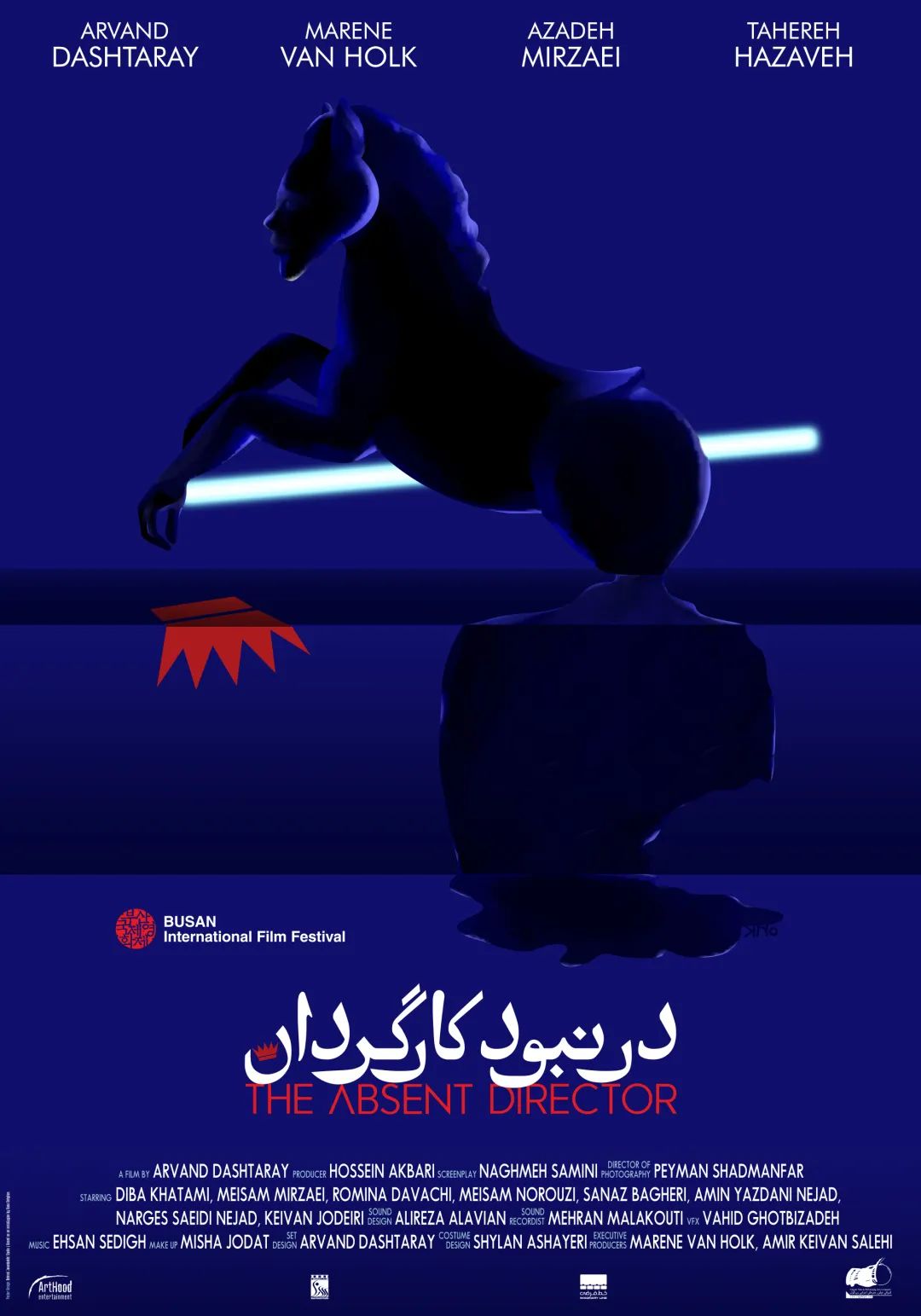
The Absent Director
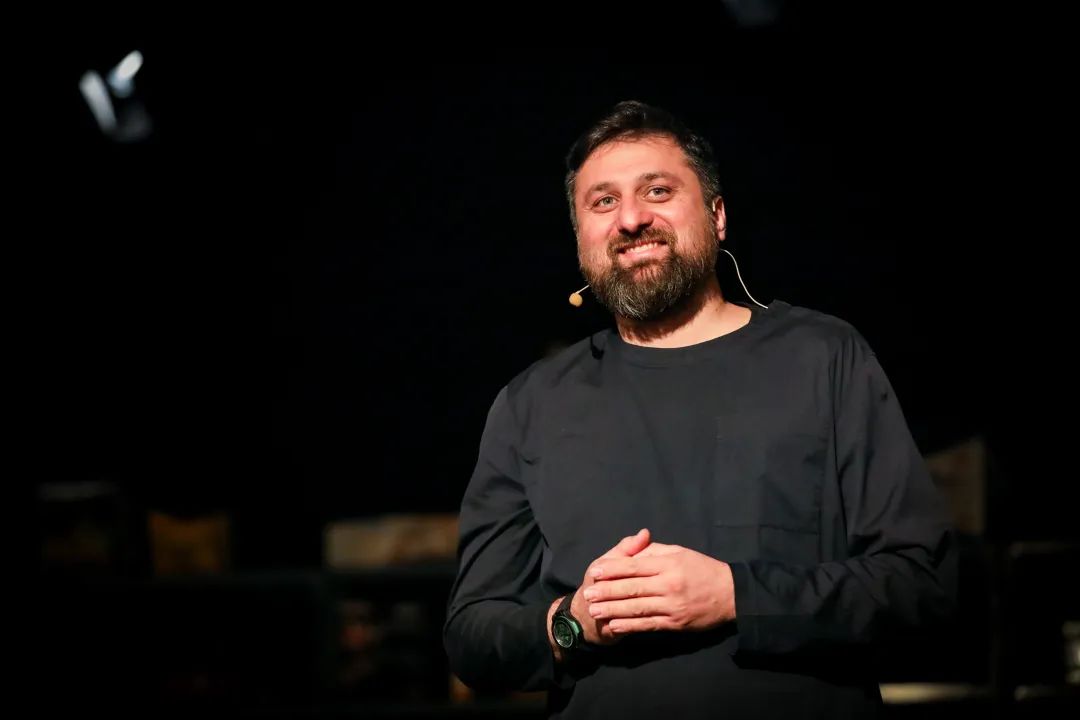
Director: Arvand Dashtaray
I created The Absent Director in an attempt to make a quality arthouse film in a different way. “If we have an idea, we act on it and together we make it happen.” So I invited members of my company and theater students to perform in this film, which we could have made with a bigger budget and participation from Iranian movie stars, but I wanted it to be a rebellious attempt, so I did that.
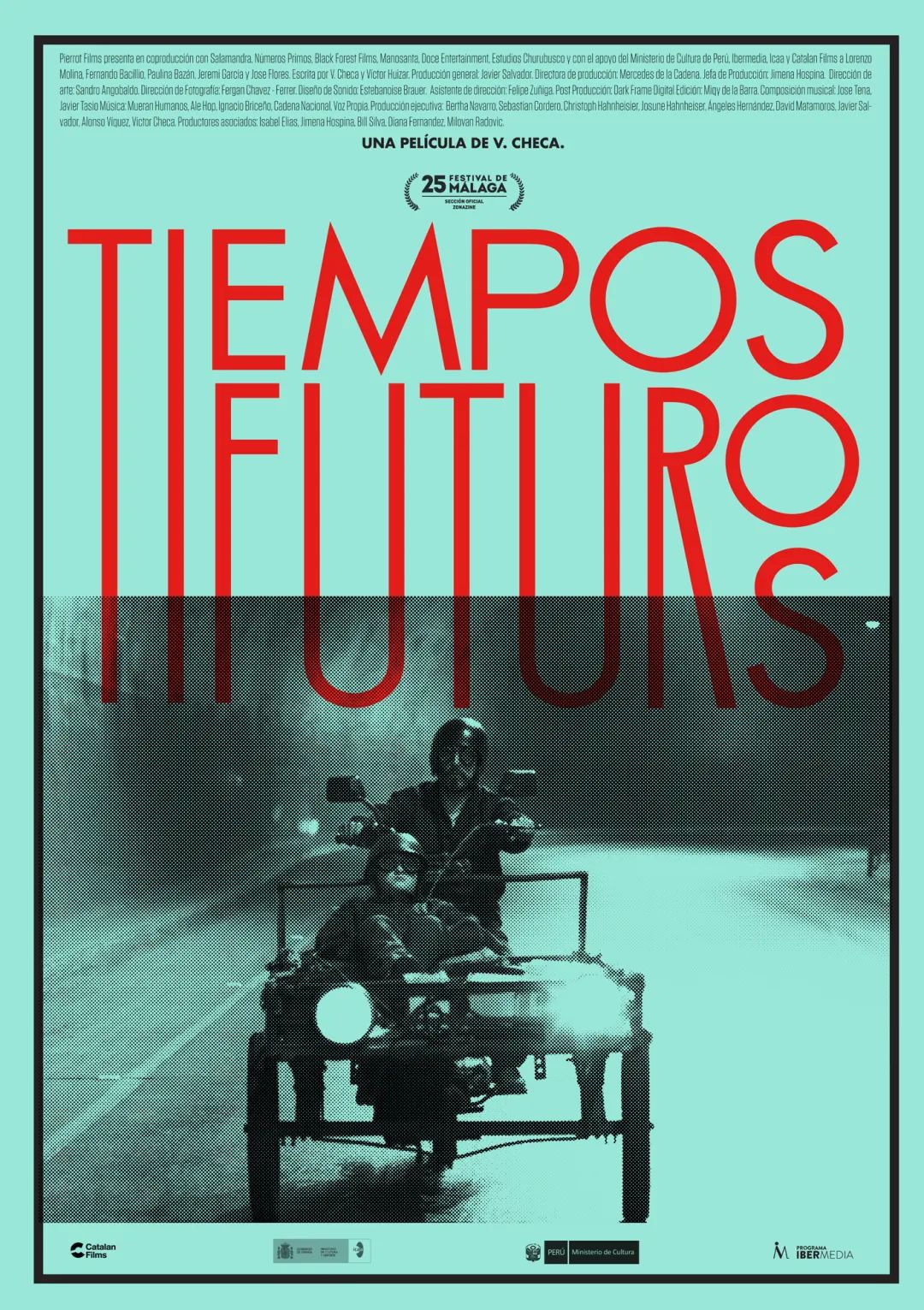
The Shape of Things to Come
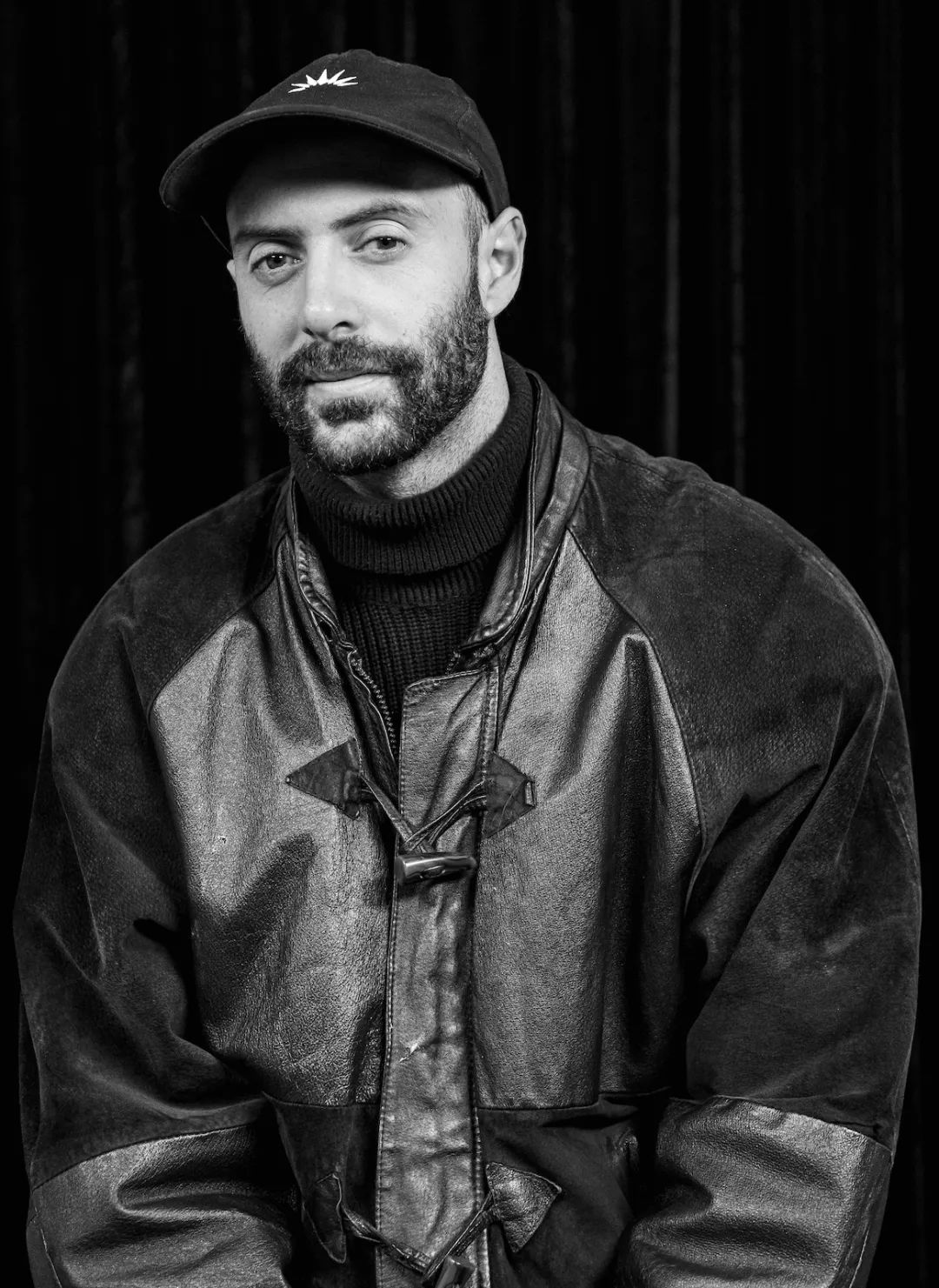
Director: Victor Checa
The Shape of Things to Come is a Peruvian sci-fi film that tells the story of the reconstruction of a father-son relationship through the making process of a mysterious machine. Teo’s father, Luis, is an electrician and inventor. He is working with Teo as his assistant on a mysterious machine that seeks to generate a deluge in a city where it does not rain. Meanwhile, a gang of young spies are living in the city and Teo chooses to get involved with them.
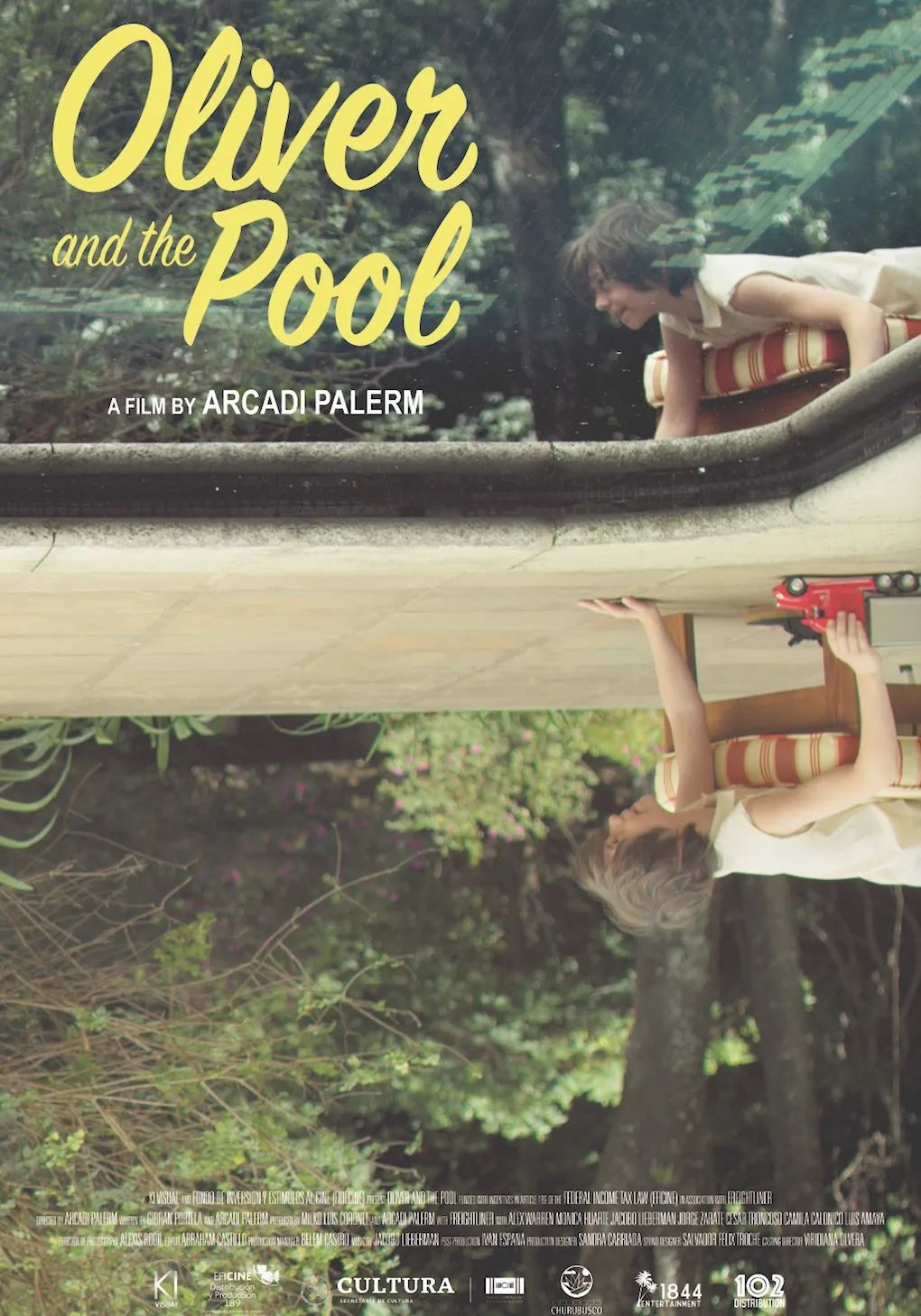
Oliver and the Pool
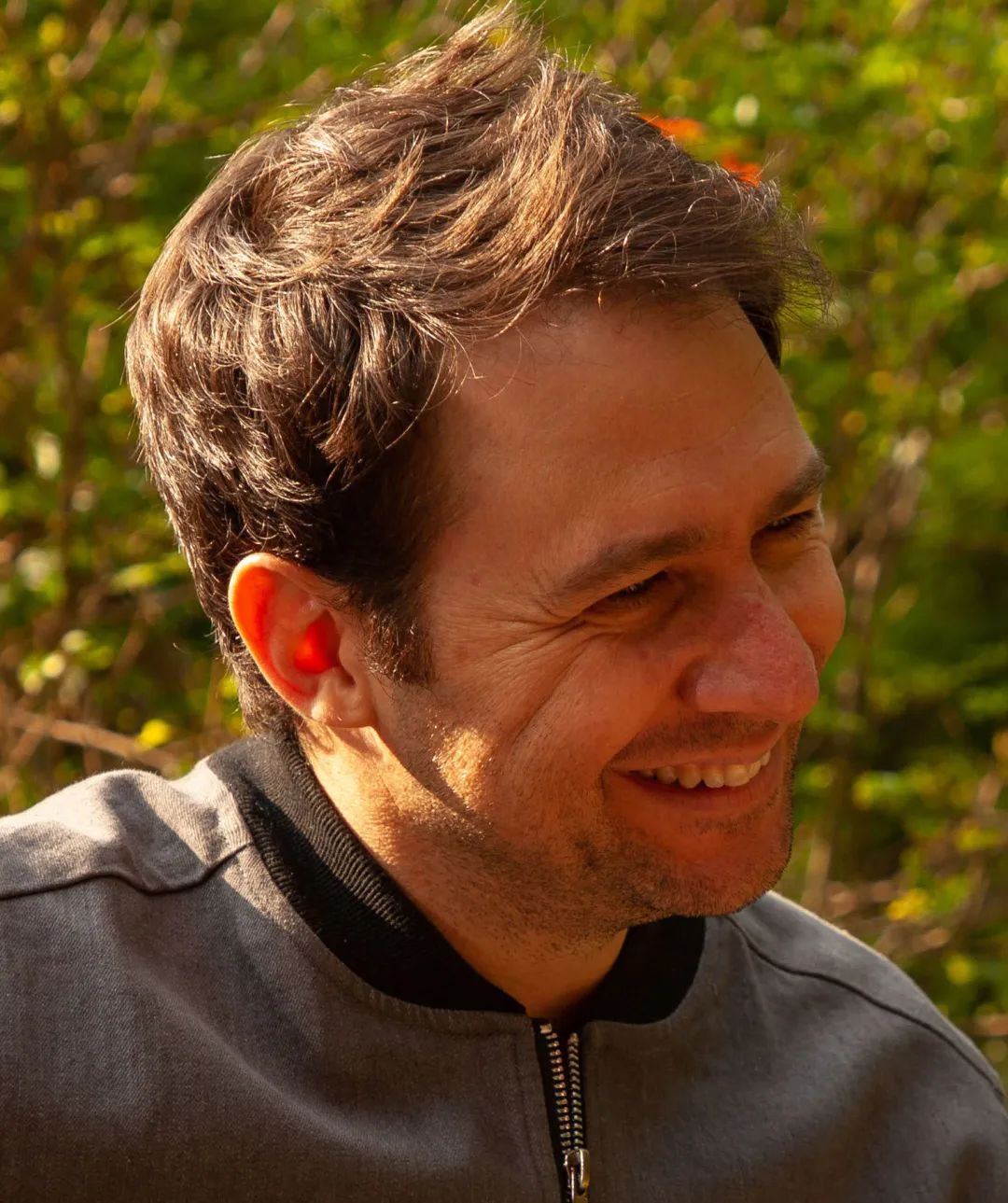
Director: Arcadi Palerm-Artis
When something unexpected happens in the family of 13-year-old Oliver, the protagonist of this film, all he wants to do is walk away. So, He takes up residence in a poolside lounge chair and decides there’s no reason to move. However, life swirls around him, constantly revealing secrets from the past and presenting new challenges. After going through these things, Oliver also realizes that at all times the truth cannot be ignored—which is what I want to say most as a director.
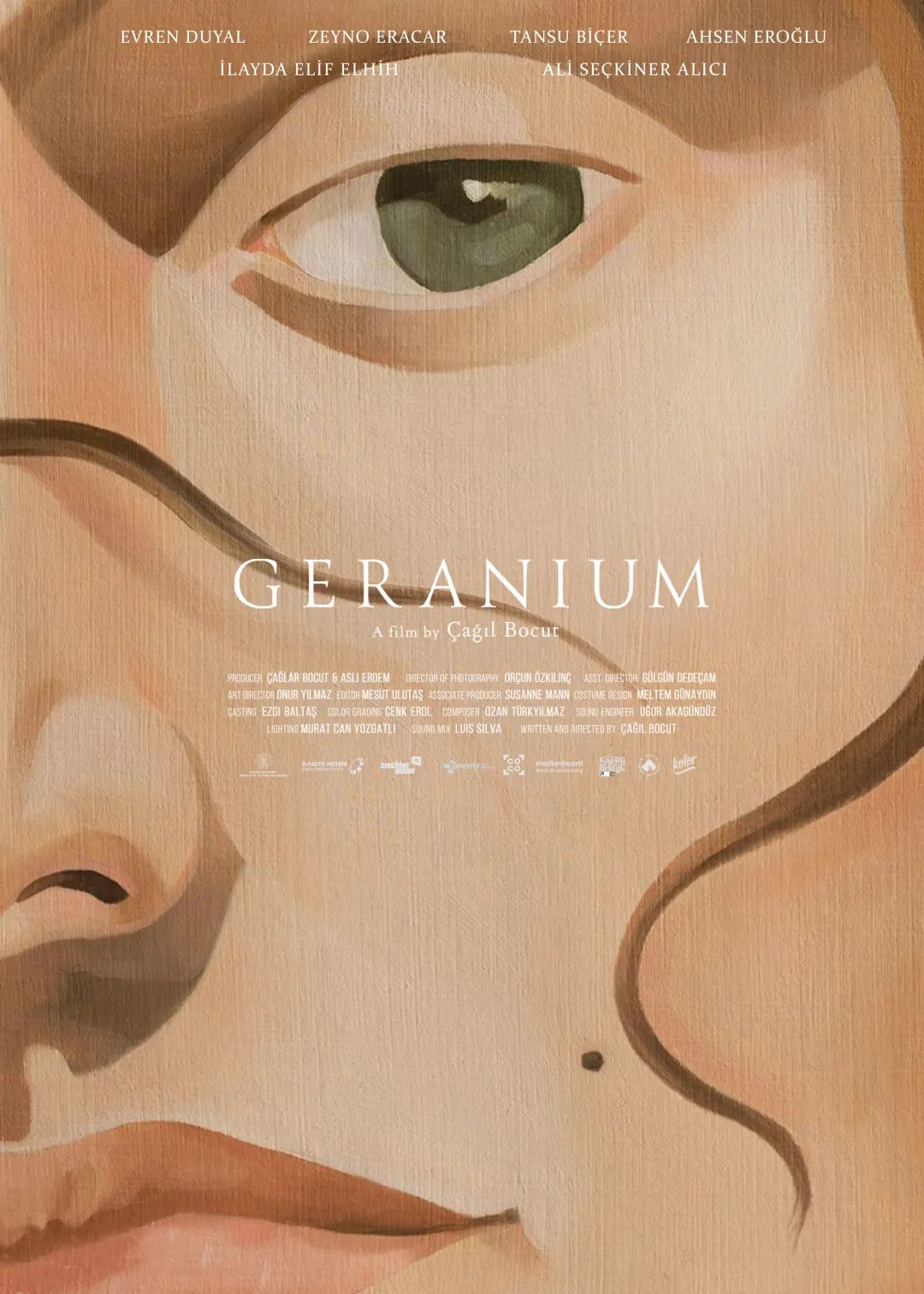
Geranium
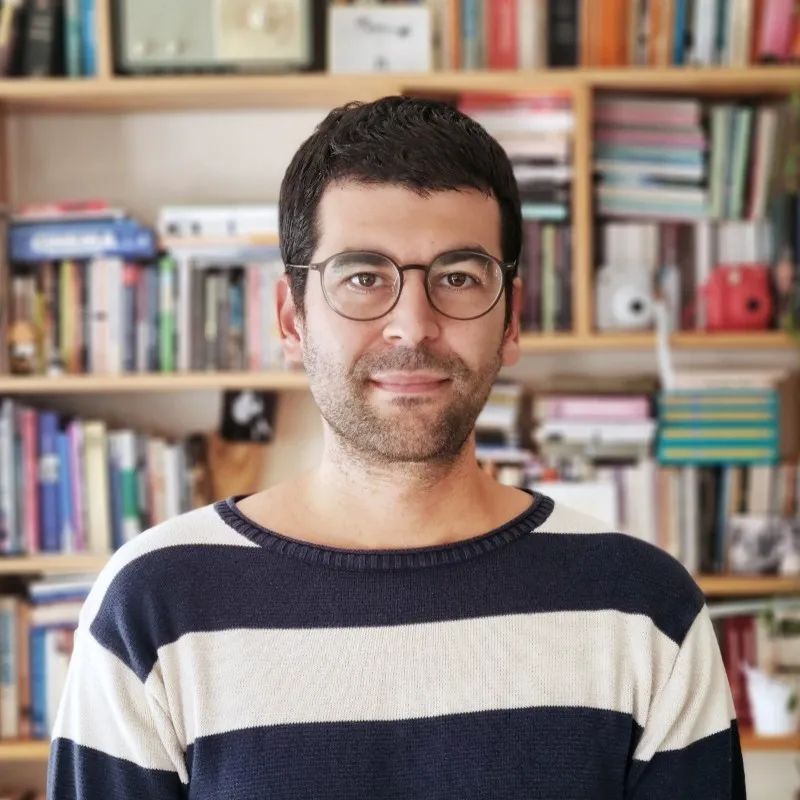
Director: ?a?il Bocut
I went through a hard time in 2009 when other members of my family were suffering from serious illnesses at the same time, which is rather analogous to the story of the film. In that period of time, I asked questions about the generation gap, our attitudes toward death, and the bureaucracy in the healthcare system. I try to build a story about a father who is experiencing a serious illness, which is interpreted as a transition of power in a family, from the father to his child. What is special about Defne is the way she goes through such a shift in a too immature, hasty and radical manner.
There are all kinds of transition rituals in life, such as graduations, jobs, and weddings, but none of them hand over the torch of a father’s senility to his children to celebrate his twilight years—a transition that is quite quiet and sad. I choose illness and death as a secondary theme to make the power struggle between the father and the daughter prominent. I’m not a believer that waiting for death can free us from our responsibility to the dying. It only gives us an excuse to believe that it is the result of a natural process, not that of our choices. I believe it is social despair, which is why I tell this story.

Girls Don’t Cry
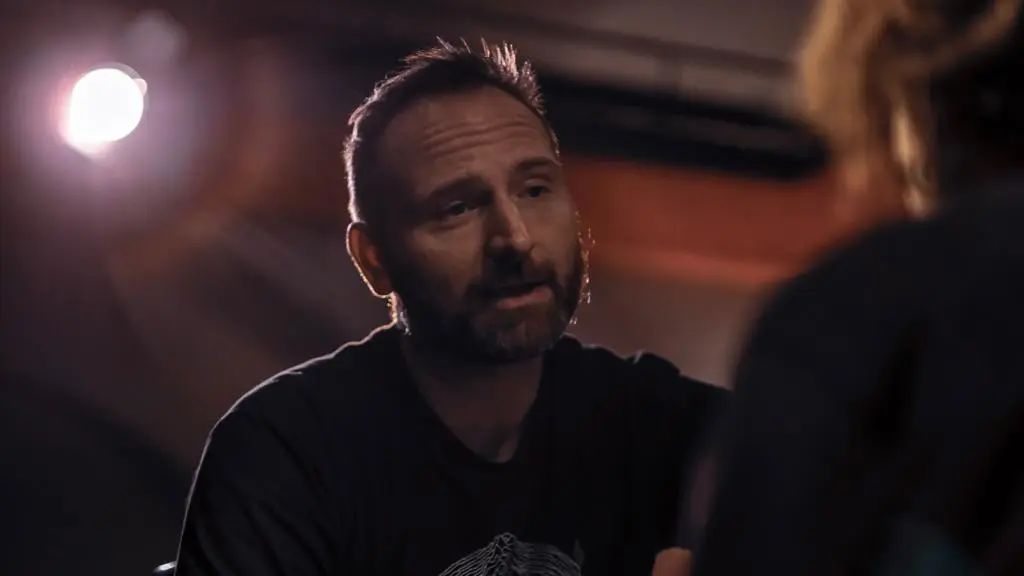
Director: Andre Zuliani
Girls Don't Cry is a coming-of-age story with a road movie style. The film aims for a balance between comedy, mystery adventure, and a more reflective approach, leaning toward a magical realist presentation. My initial idea was to explore this coming-of-age story and take her out of unusual contexts, such as the city, friends, first love, and conflicts at school and at home. So we decided to take the very young protagonist Ele, throw her out on the road, and let her drive an old camper van twice her age and share the same journey with Mia, a Romanian girl with a personality and background diametrically opposed to Ele’s. The film tries to join them and escape to the North step by step. My extensive experience as a first and second assistant director over the years has allowed me to get to know many places around my country Italy, from Catania to Tarvisio, from the most remote to the most frequently traveled and even the least developed places. All these places and people there I encountered left me with something I will never forget. It also made me personally aware of the world around me as well as the variety of landscapes and a very mixed group of individuals that make up this country. And that’s what I want to communicate in this film, the attraction and wonder of the unknown, and the enrichment of the inner world that comes with “discovery”.
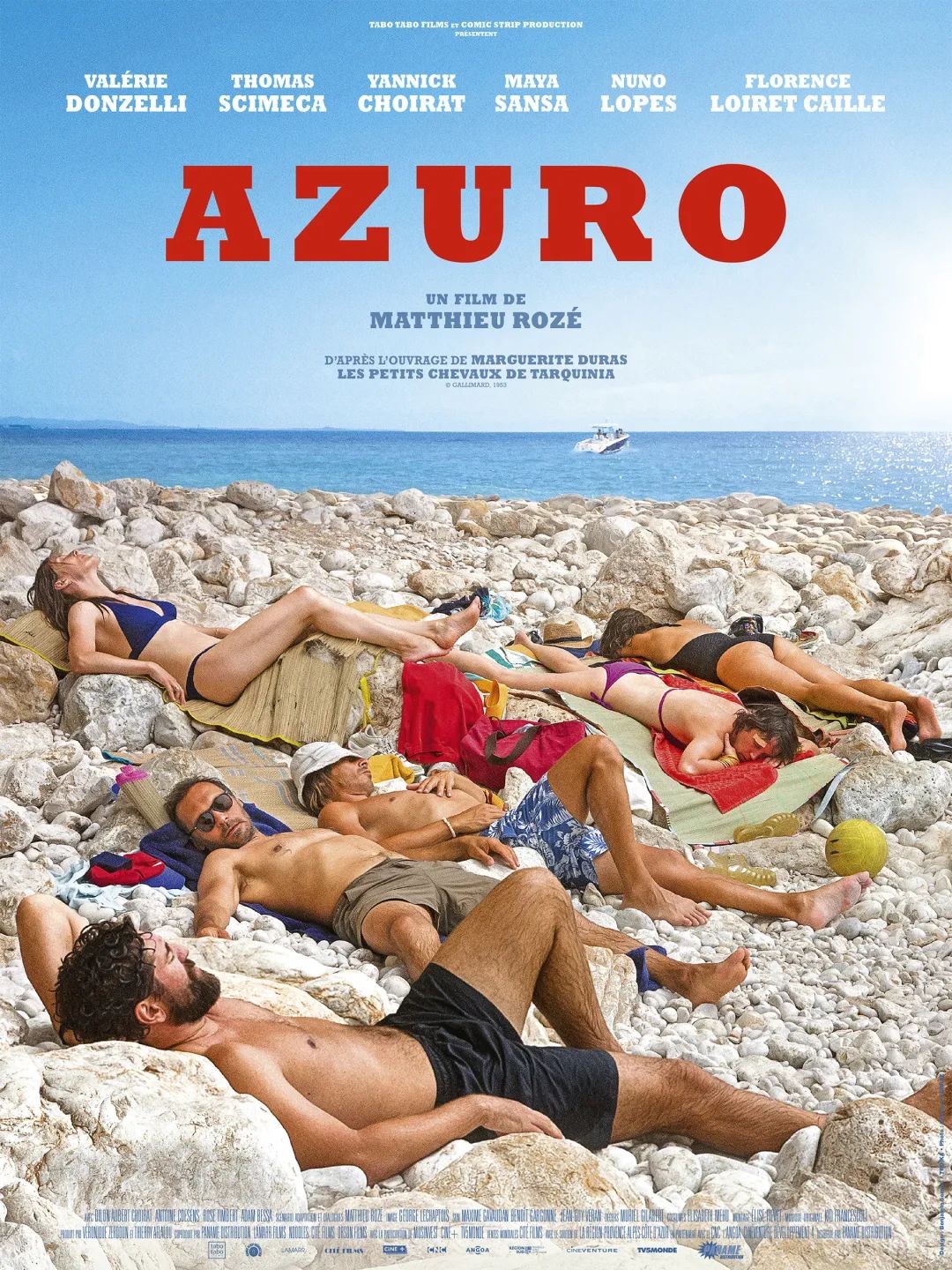
Azuro
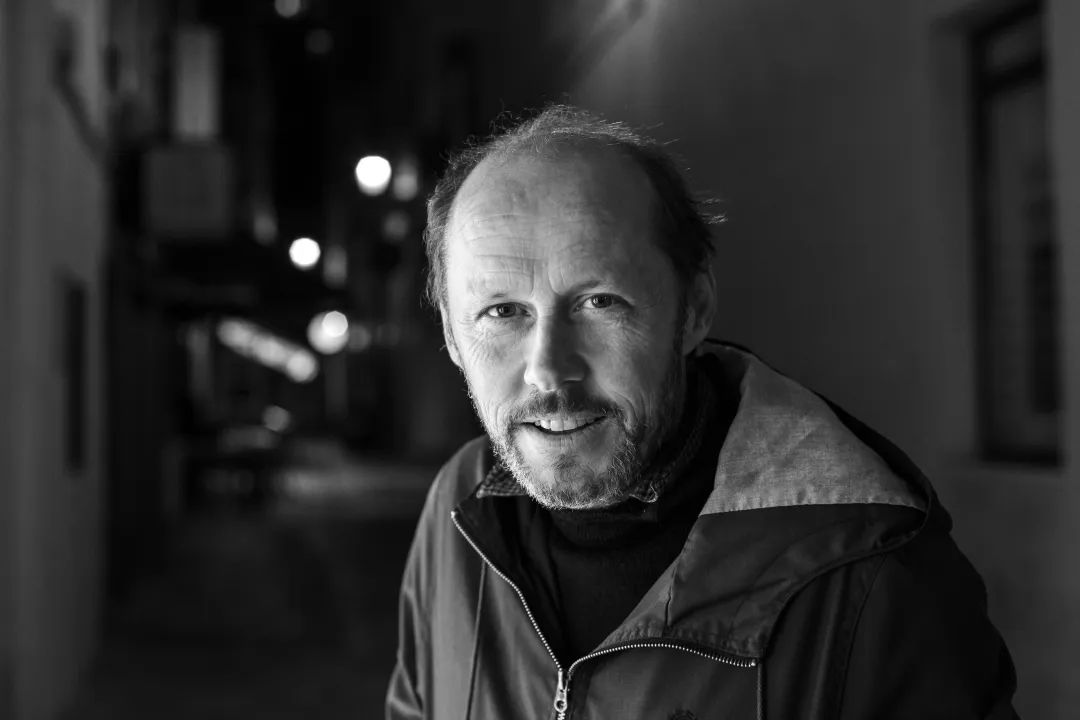
Director: Matthieu Rozé
For years, I went on vacation every summer with my friends to a remote place in the central Mediterranean. We got to know each other well, drank together, and sat there in a trance. Everyone is trying to make good relationships or live alone. People wander through thoughts full of desire and boredom. The earth rotates itself and there are many volcanoes still erupting on this planet, but we put it all out of our minds and focus on ourselves. I was so very surprised one summer when I read The Little Horses of Tarquinia by Marguerite Duras, where one of the characters is like me and a friend of mine! When my son introduced me to some happy yet melancholy Italian music, I found the tone of the film I wanted to make.
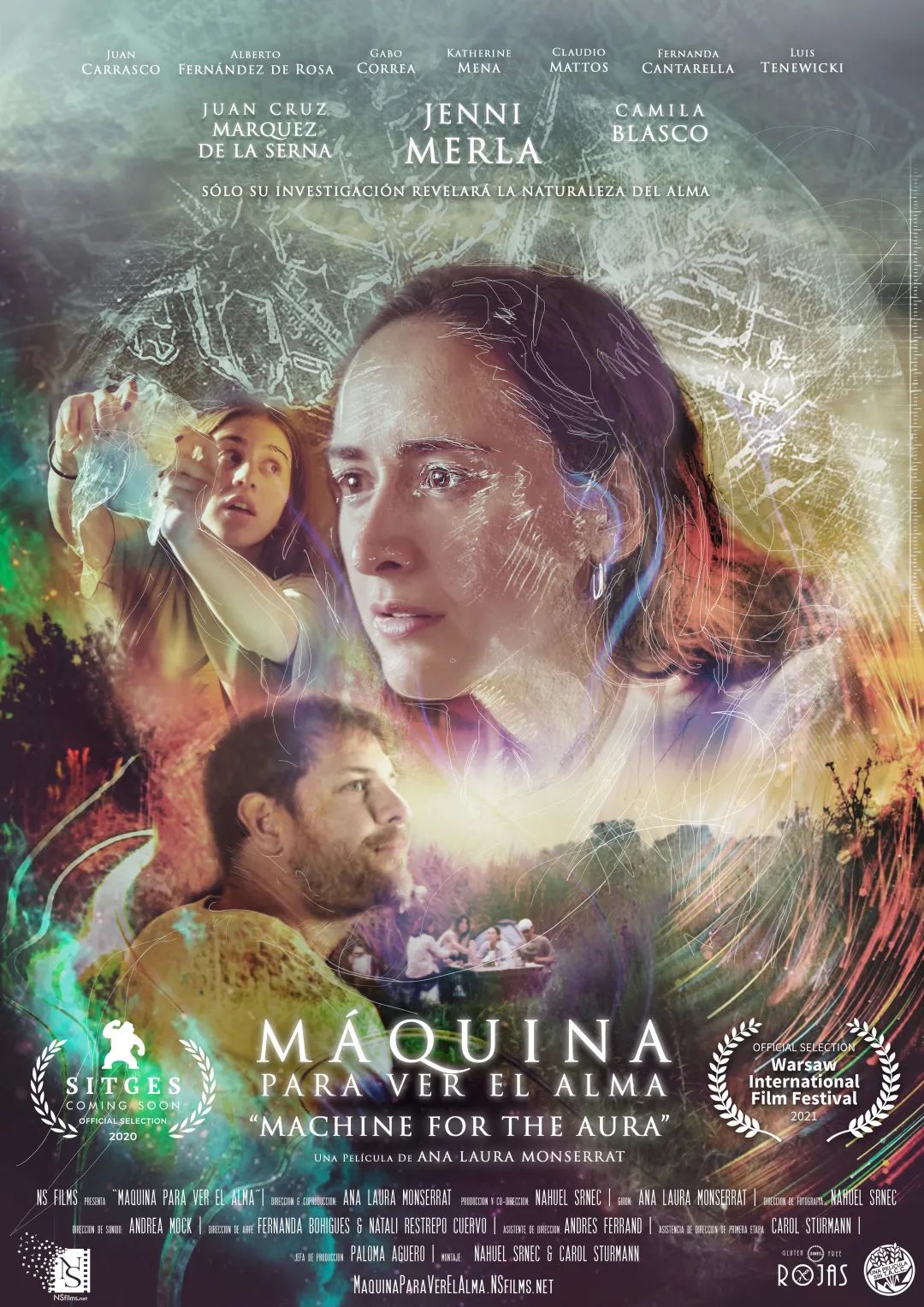
Machine for the Aura
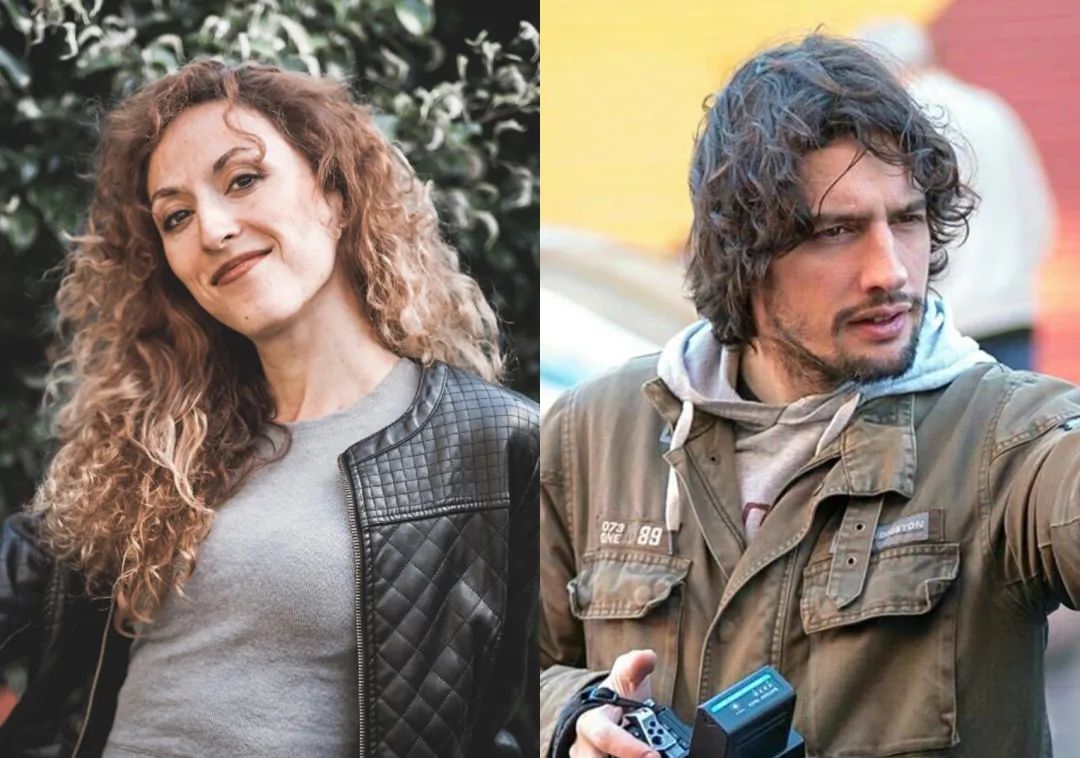
Directors: Ana Laura Monserrat, Nahuel Srnec
Machine for the Aura is a Latin American sci-fi feature film that exemplifies the limitations of today’s scientific knowledge structure. With a female protagonist, the film carries some great bits of romantic comedy and delves into academia as it explores the protagonist’s attempt to prove the existence of a life energy. Valeria, a young woman scientist, seeks to demonstrate the existence of a type of energy typical of living beings, struggling with the rigid system of beliefs in a scientific world ruled by men. The story follows an elder scientist who underestimates her research and discoveries and tries to ruin her. A photographer helps Valeria, and together, they will work to prove the existence of unknown energies. Ana Laura Monserrat received her PhD in biology from the University of Buenos Aires and is thus familiar with the struggles of women in academia, based on which she created this directorial debut.
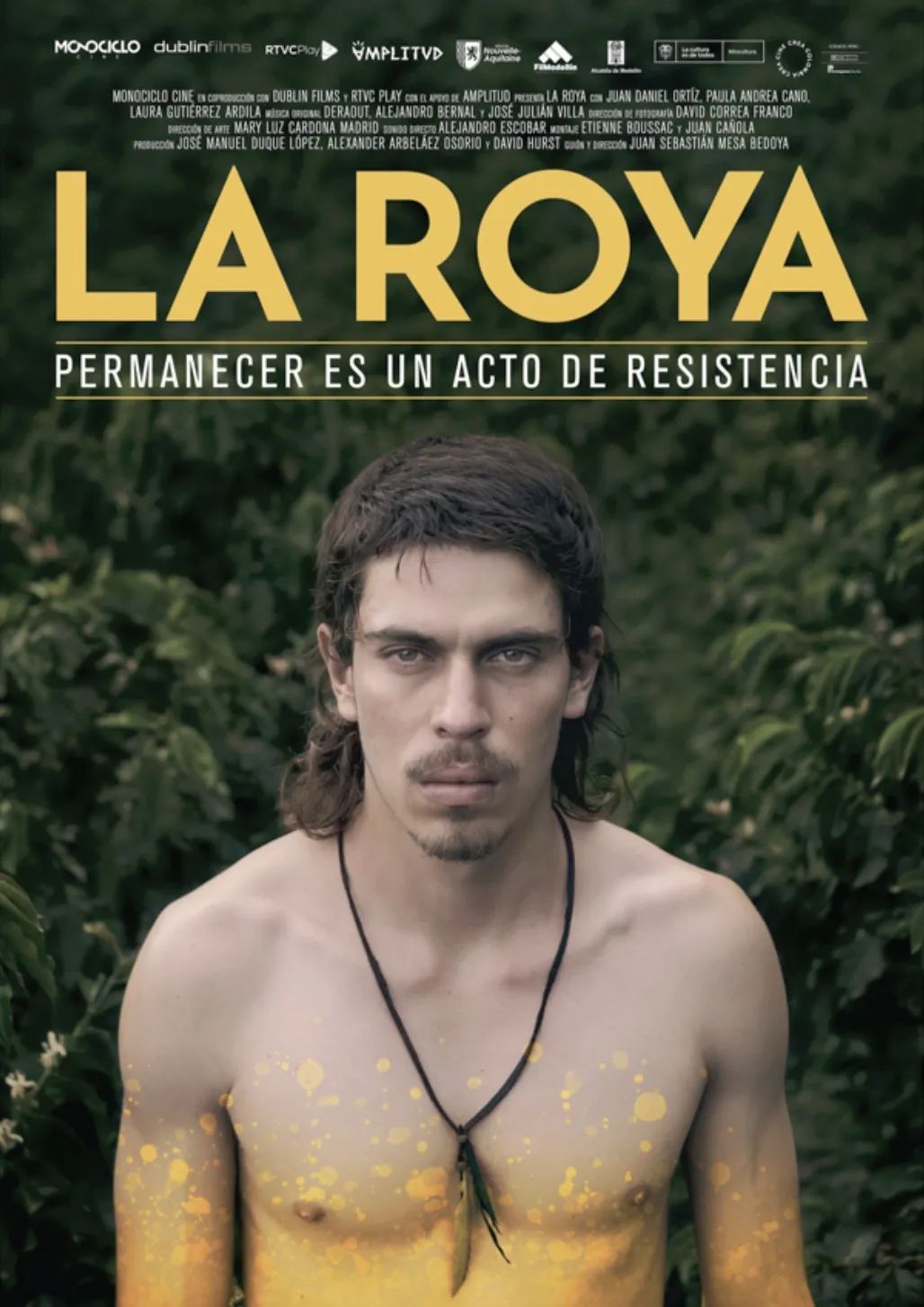
The Rust
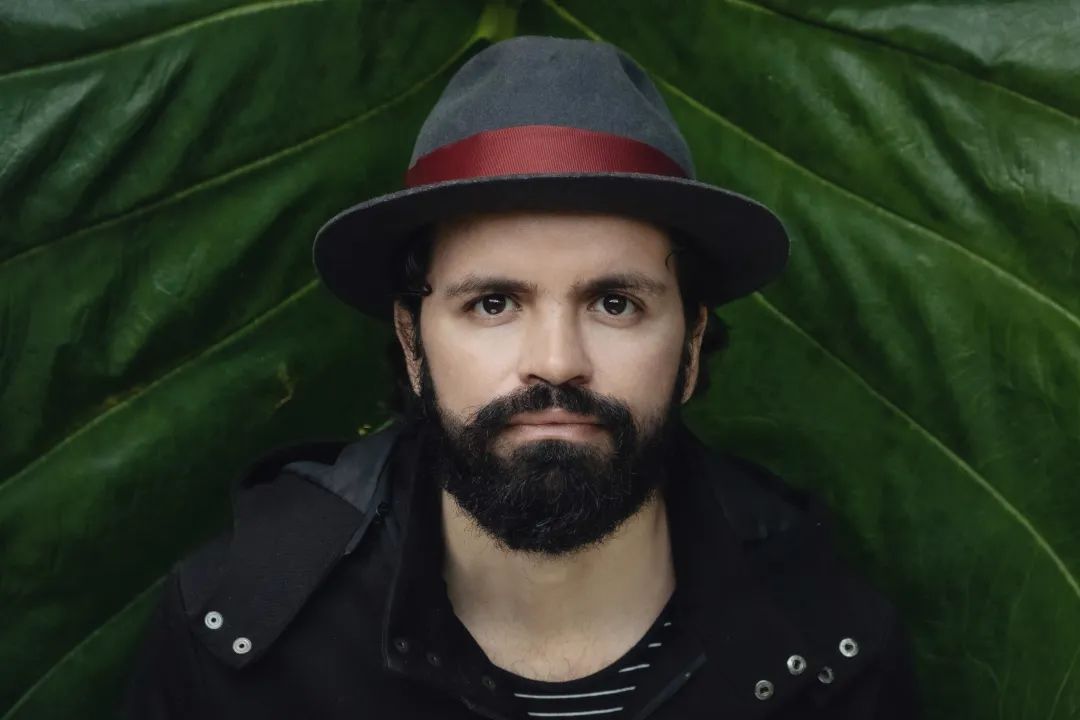
Director: Juan Sebastián Mesa
I spent my childhood in a small coffee-growing village in the Andes. I always remember roaming my aunt’s coffee plantation. In those years, people celebrated the arrival of the harvest and village life always revolved around farming. Children would pick coffee beans with their parents after school, and people would come from far to look for jobs. I left the country afterwards and had not returned to my village for several years. When I returned, my aunt had sold the farm and moved to the city. As I walked around the village, I noticed that the majority of the population was children and elderly people. Most of the young people had migrated to the city in search of better opportunities. This film is a throwback to my childhood. It’s a story about peasant identity, and I try to use it to capture a pain and a countryside that refuses to disappear.
Making this film represents not only reconnection with these people and places that make sense, but also a huge challenge. I tried to portray the everyday life here, and in the process understood that everyday life itself is the biggest obstacle. In the midst of this paradox, we spent five weeks shooting in different geographies of southwestern Antioquia. The rain, the landslides, the sun and the mud all reminded us of the constancy and rigor required to be a farmer. The Rust is not a love story, but a story of misunderstandings and failures of all kinds. I’m interested in capturing conflicts between the countryside and the city, which will be gazed at by people who have never left the city, anxiously waiting to be reunited with a past that is difficult to retrace. Nostalgia –which gives rise to sadness about distance, the absence of those who have left, and what you would have had and what you will never have—is perhaps the most frequent feeling in the film.
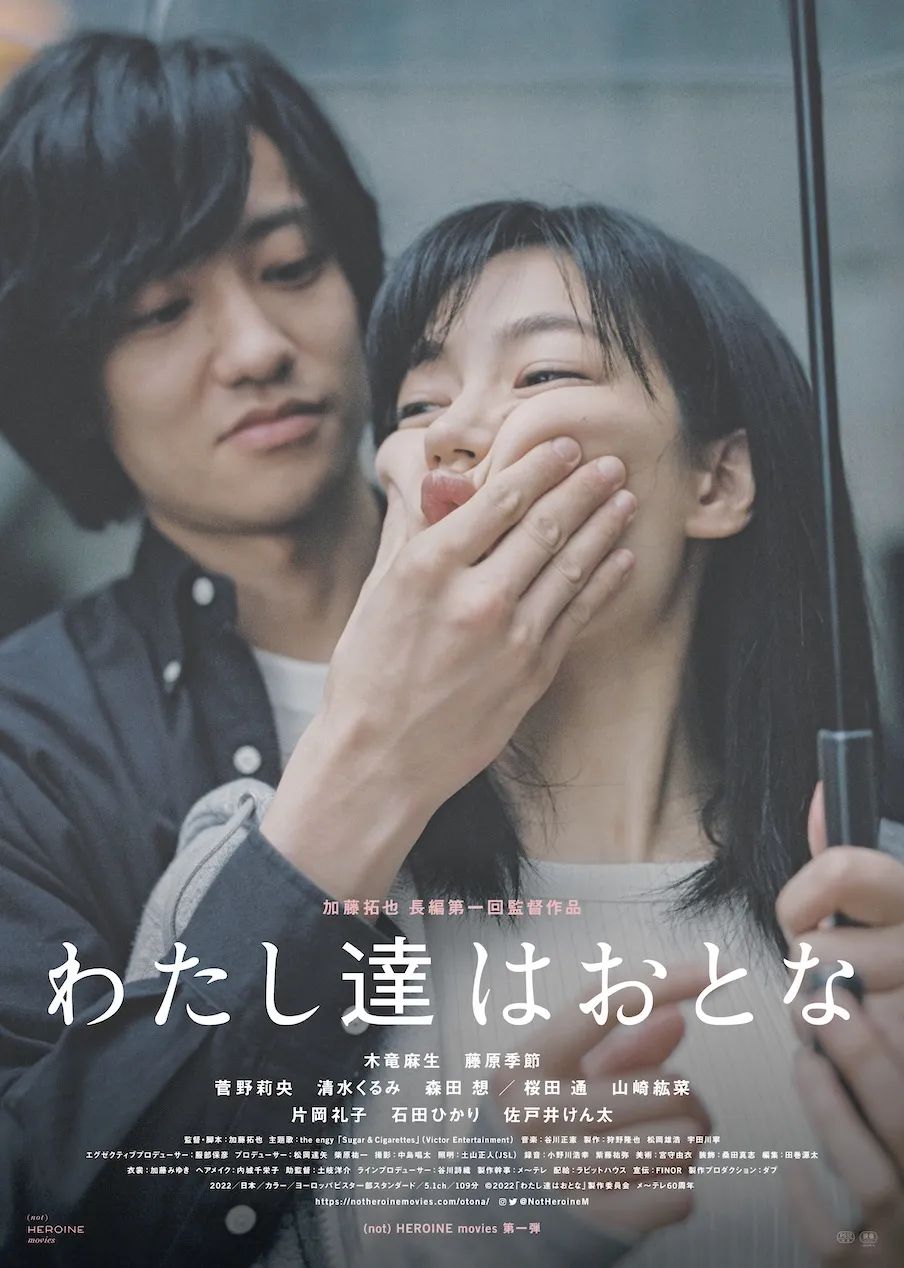
Grown-ups
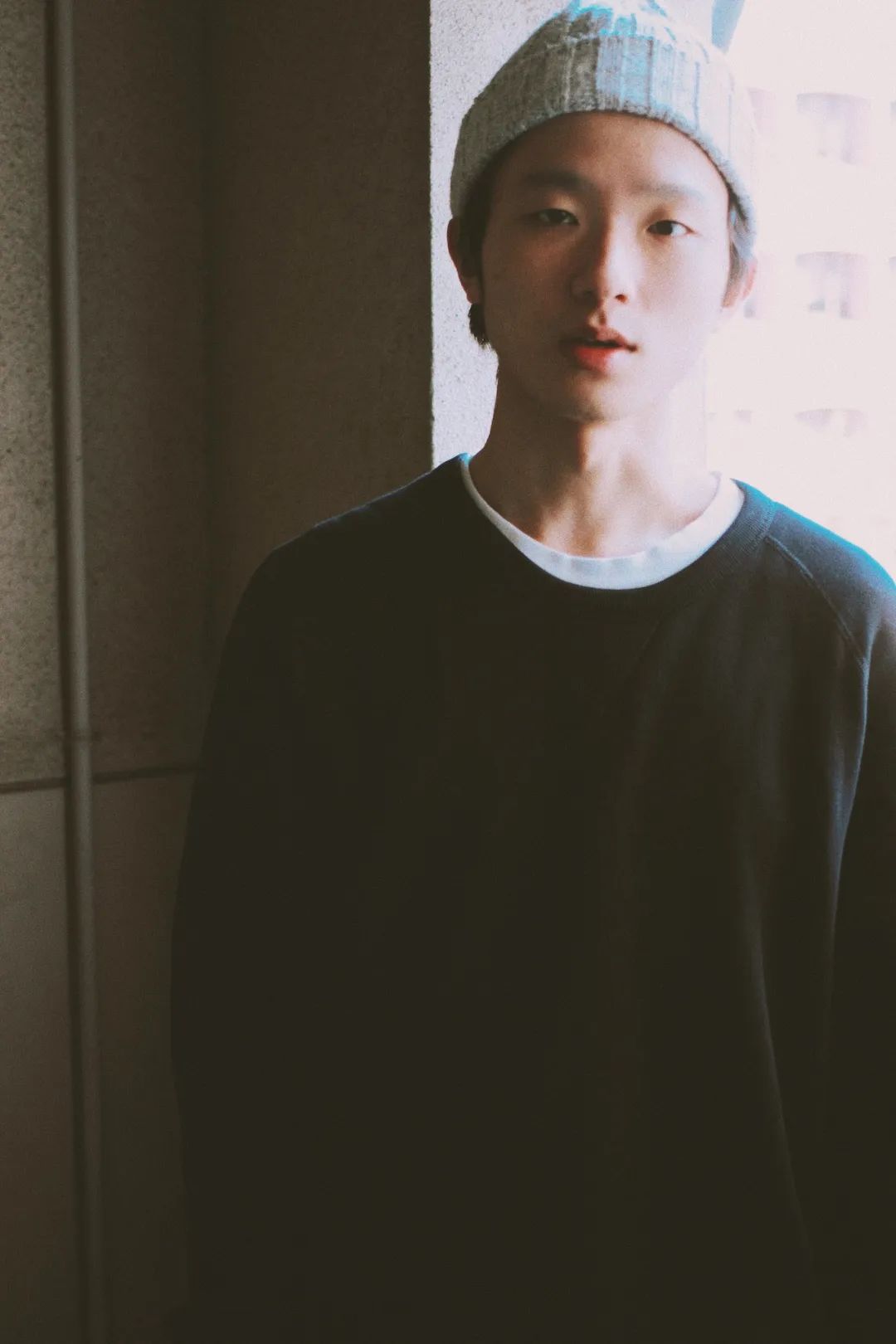
Director: Takuya Kato
This film shows the process of becoming an adult through the heroine’s conflict with her boyfriend, the presence of his ex-girlfriend, unintentional sexual acts, and casual conversations with her college friends ... Directed by newcomer Takuya Kato, this film depicts the shaky everyday life, focusing on the transformation of a girl growing into a woman, speaking of sweet and sad love invitations and individual self-contradictions, and allowing this love film, which brings the reality of equivalence to the screen, to pierce through the audience’s heart. It is also a film about the process of a girl growing into a woman.
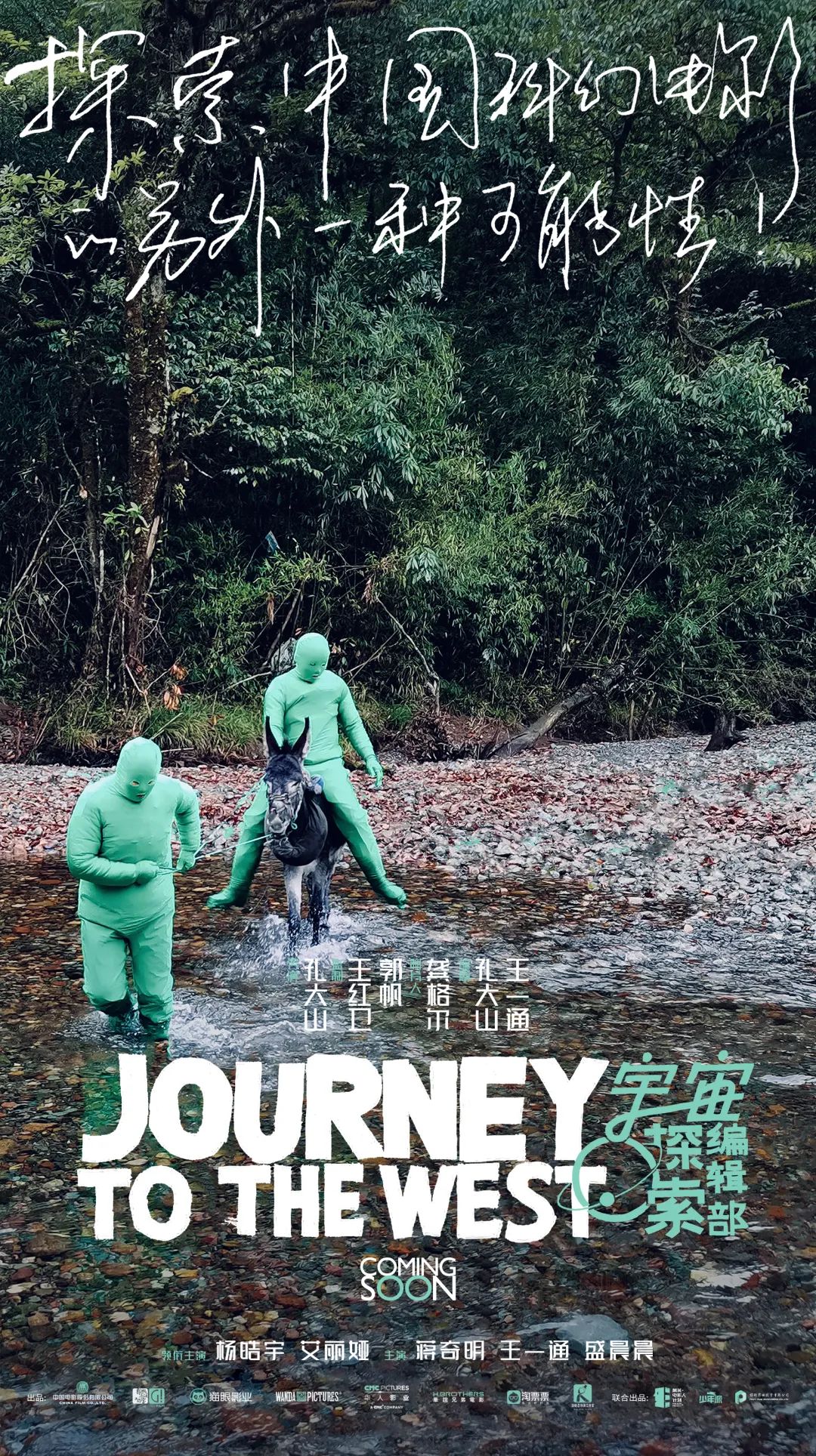
Journey to the West
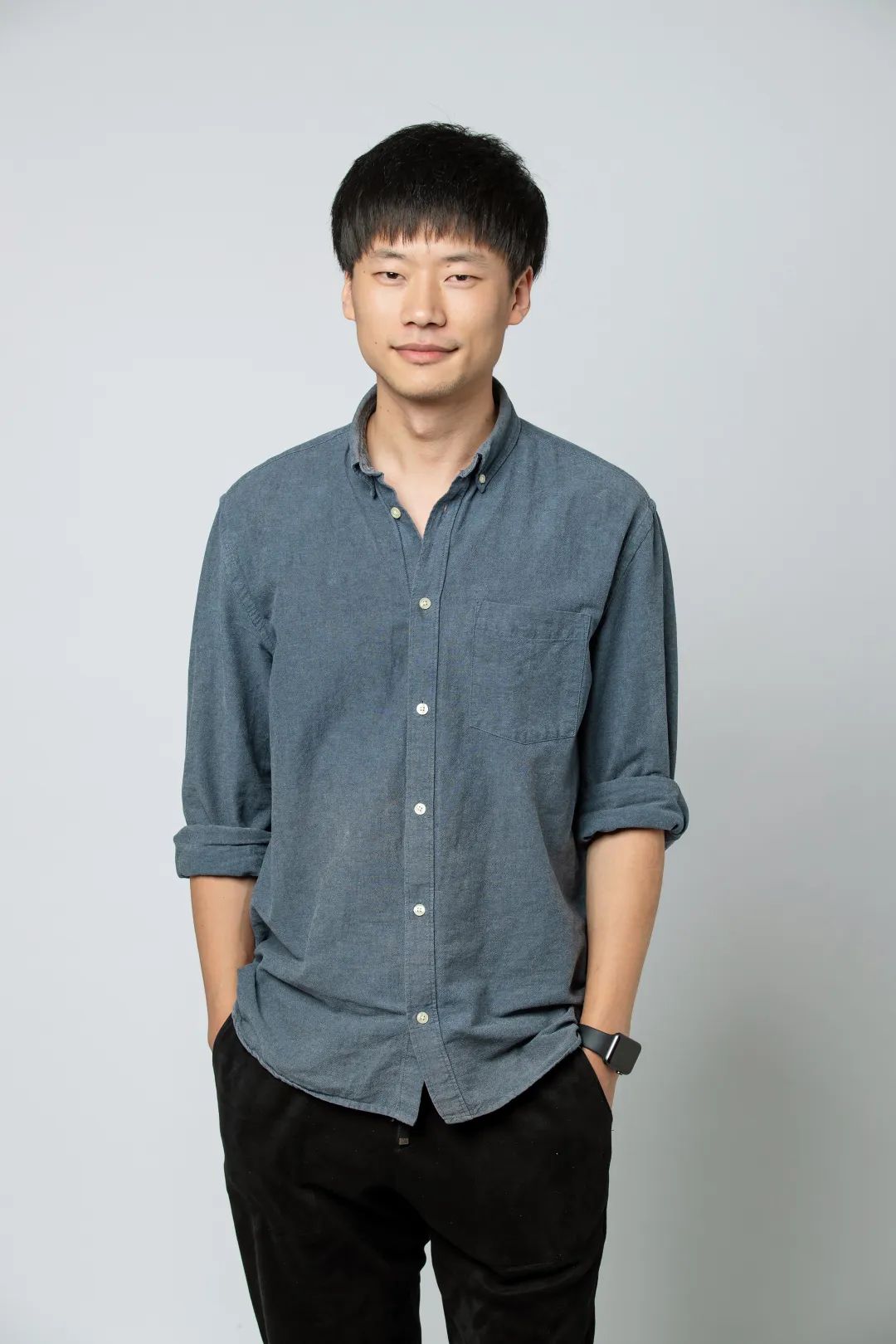
Director: Kong Dashan
This film is of great significance, just like taking a carrot in front of a donkey to drive it to keep running. Yet, gazing at the carrot is the pain of pursuit but failing to get, while taking away the carrot is the chaos of infinite nothingness. The good thing is that there are always people who decide to embark on a fruitless adventure in an endless direction.
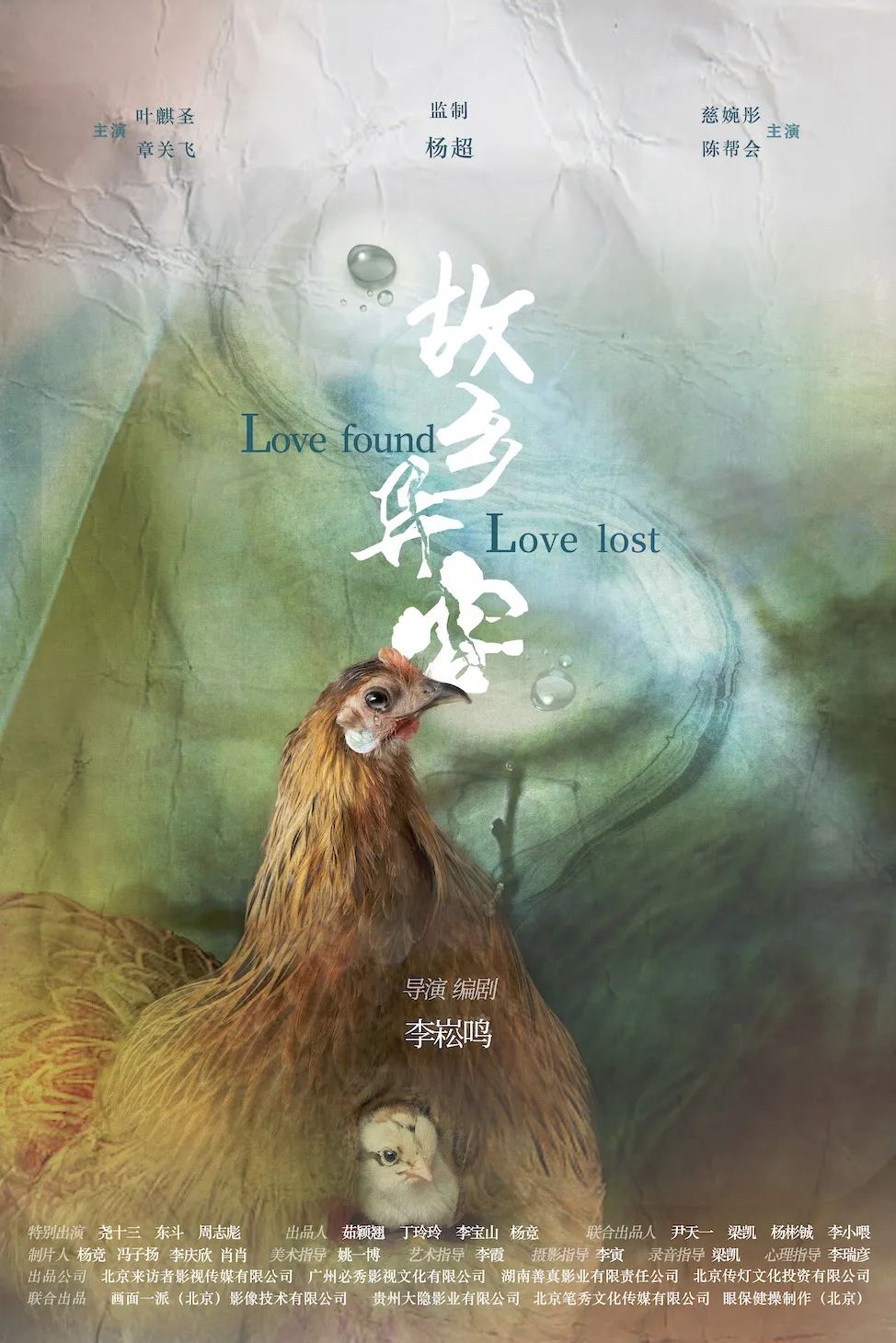
Love Found Love Lost
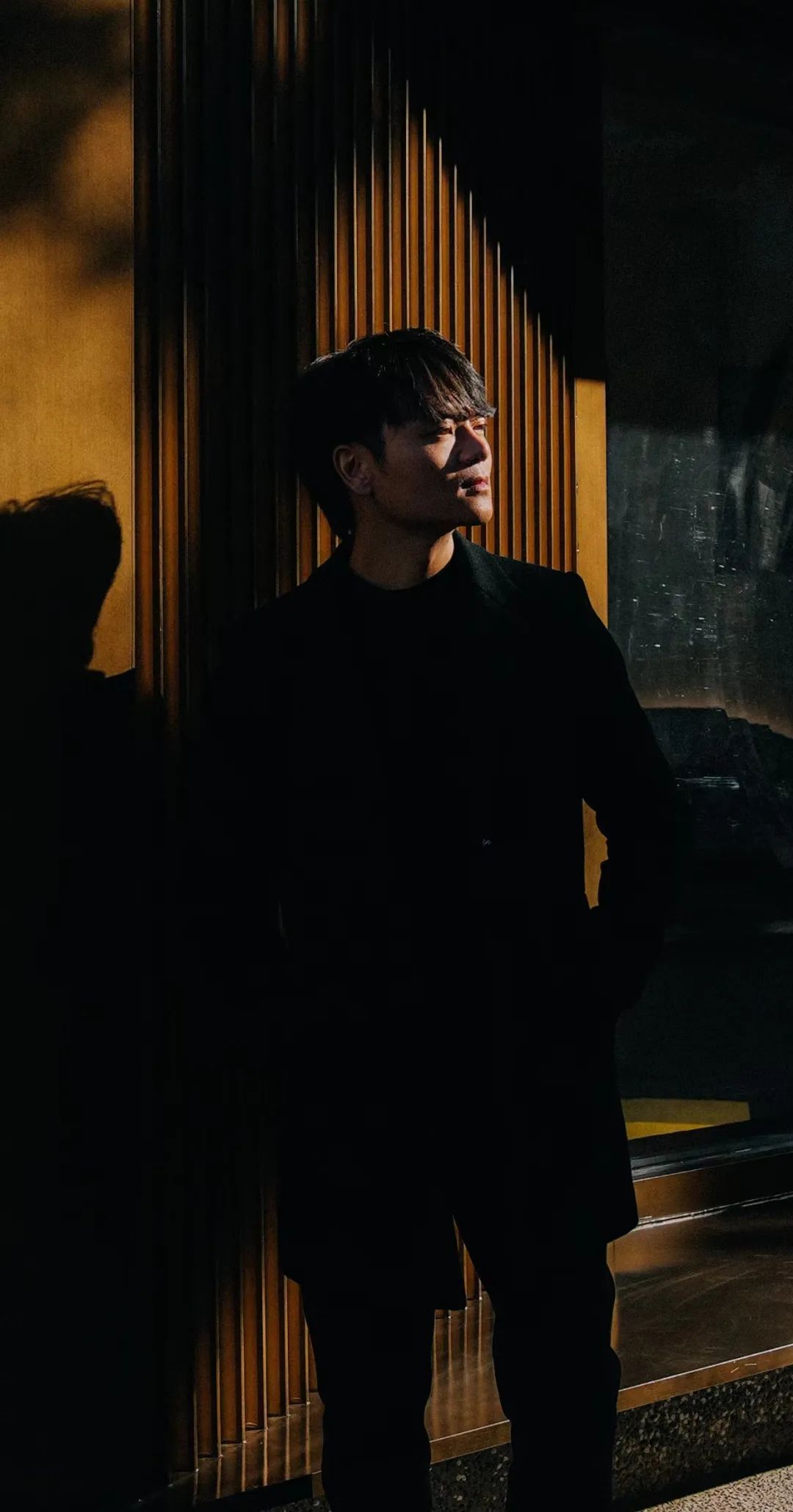
Director: Li Songming
Love Found Love Lost grew out of the soil of my life experience, when I was hospitalized for 13 months due to illness and traveled by wheelchair. When faced with the challenge of life and death, what I was thinking about was actually a reminiscence and reflection on my emotional past. During communication with my loved ones, I was surprised to find that my memories of the past were vastly different from theirs. Some people remembered the same thing as sadness on a good day, while others remembered it as kindness on a bad day, like a Taiji diagram where there is black in white and white in black, but it is hard to distinguish right from wrong and true from false. I wanted to make a movie about the difference in memory, so Love Found Love Lost came. Like wild fruits in the deep mountains, Love Found Love Lost is not flashy, but has a unique taste.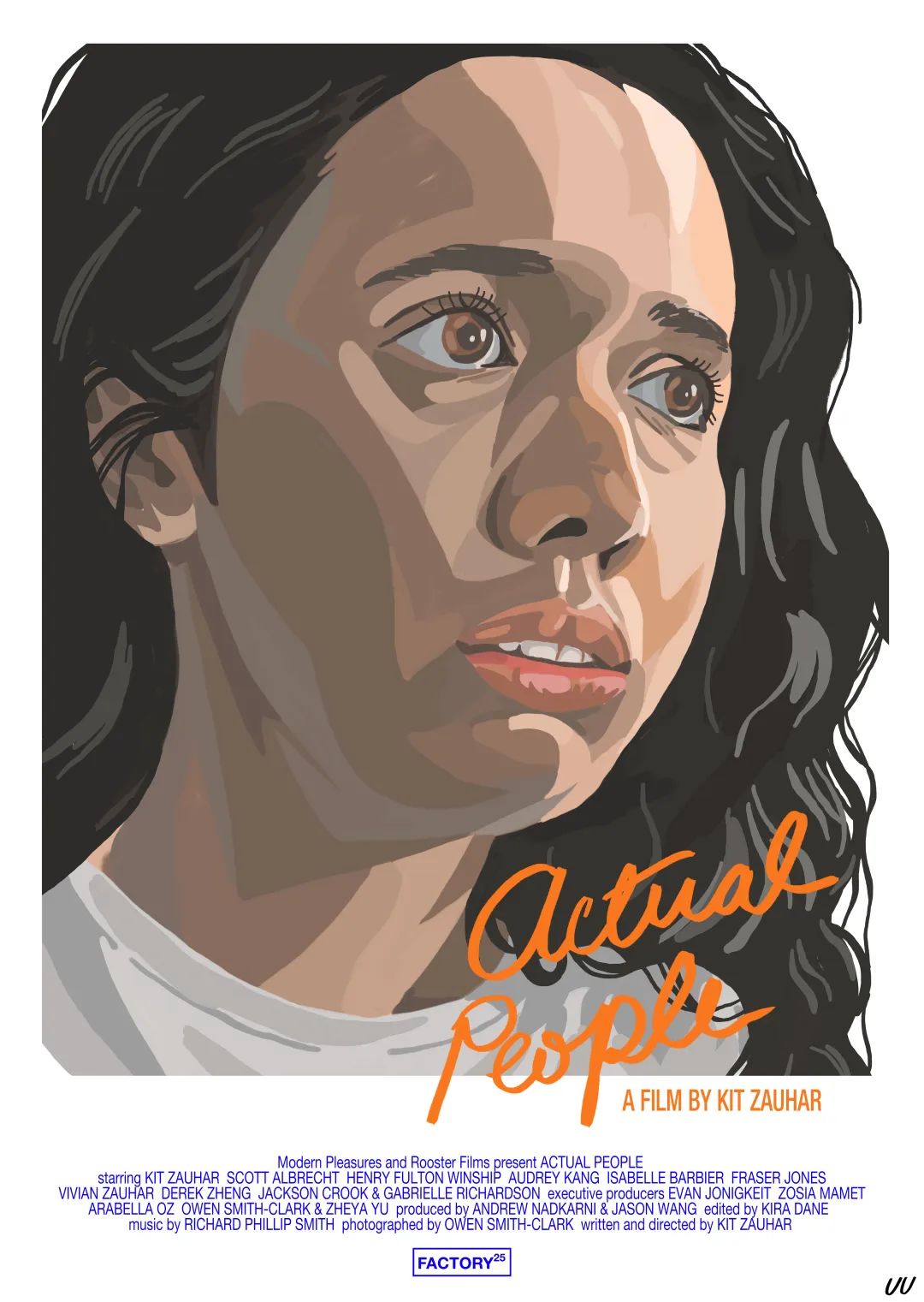

Actual People

Director: Kit Zauhar
I completed this film before the Covid-19 pandemic. In a way, making this film helped me grow more as a “woman”, a “filmmaker”, and a “human of completeness”. Whatever these words mean to you, I think you can see that in this film. It’s just a small part of life. I didn’t have the budget for some massive production, but I wanted to do something substantial. So I took very few of budgets and figured out a way to get it done. What I had were friends (some of whom I begged to act and chauffeur), and I drew a lot of inspiration during my week at NYU. In addition, I had a free camera. I watched a lot of “mumblecore”/ “rambling movies”, a genre I both love and hate and I thought I could join. I really like those movies, finding them both comforting and motivating. But I always thought, “Why is everyone in the movie white?” That’s not a world I relate to, and it’s not a world really interested to me in my everyday life. I had a strong desire to show the day-to-day life and its details of a young woman of color, who isn’t usually the focus of mumblecore/indie films. This film has been a growing experience for me.
I don’t think I’ll continue to make films based on real-life experiences because I don’t think what happened to me is the most worth exploring. I want to pore more over characters that I haven’t met but that are really born out of my imagination. Of course, those characters may be just subtly inspired by the people who come into or leave my life. But I am very proud of the work my friends and I have created, and I am truly honored to premiere my maiden feature film at the Locarno Film Festival. Thanks to a generous donation of equipment from Rooster Films, the film cost a total of only about $10,000 from start to finish. It features a diverse and largely non-actor cast that captures the realism and nuance I don’t often see in films. I believe that, if anything, Actual People proves how far the work, performances and narrative can go in the process of uninhibited and joyful filmmaking.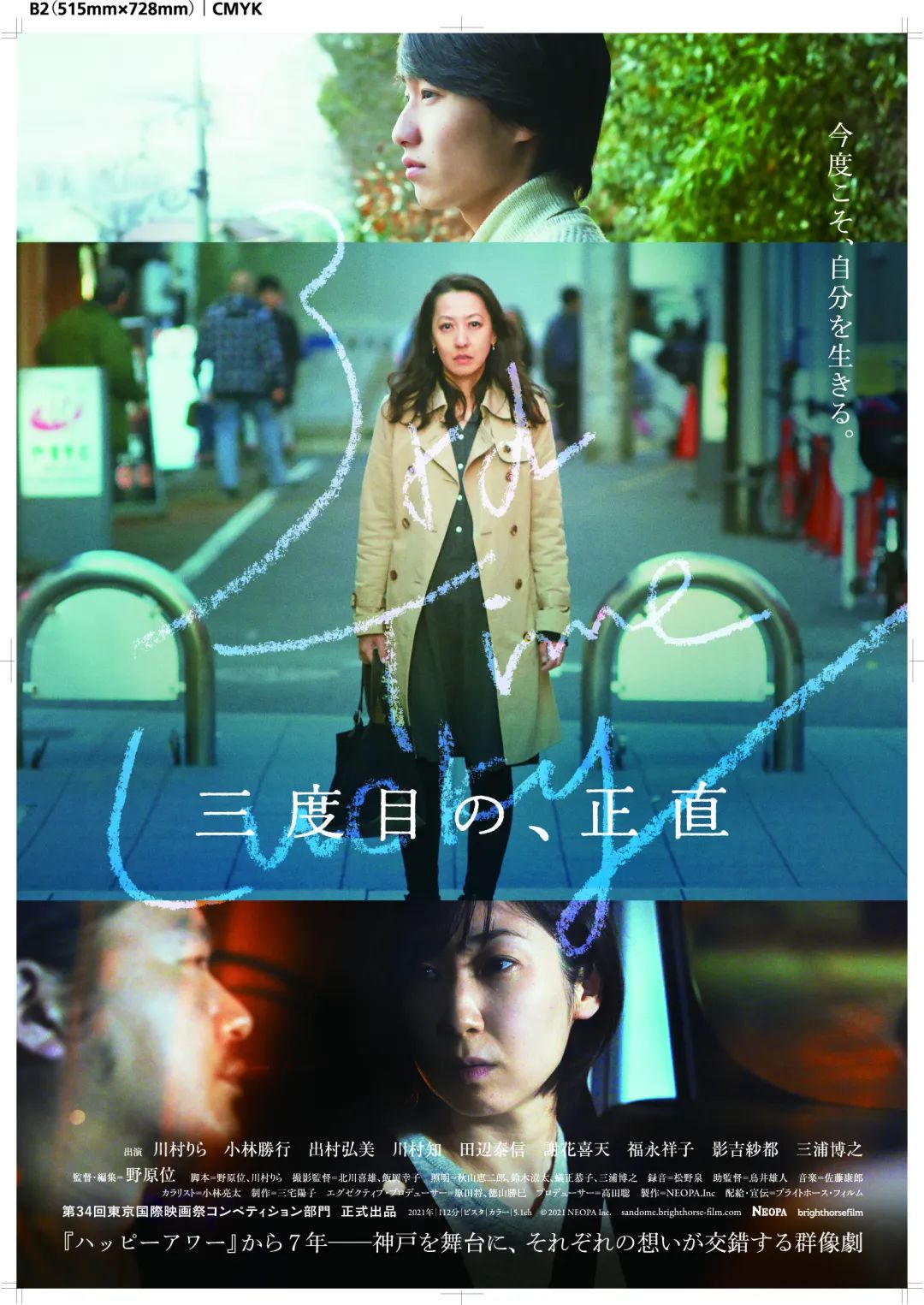

Third Time Lucky
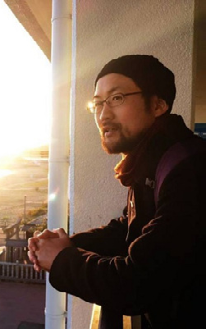
Director: Tadashi Nohara
This film is the debut feature film directed by Tadashi Nohara after working with Kiyoshi Kurosawa on Wife of a Spy (2020) and with Ryusuke Hamaguchi on Happy Hour (2015). Rira Kawamura, one of the female leads who played Jun in Happy Hour, joins the rest of the film’s cast in Third Time Lucky, in which Rira Kawamura plays a woman with mental problems who wants to raise her children. Despite the similarities in the cast and shooting sets, the two films have different looks.
The Forward Future section of the 12th BJIFF will be taking place from August 13 to 18, 2022. It has always adhered to its positioning as the first station of film journey, supporting young filmmakers and selecting cutting-edge works. Every year, new filmmakers and films from all over the world gather here for exchange, and each conversation becomes a wave that improves the art of film and conveys a new voice to the world.
Ning Ying, a Chinese director, is invited to be served as the president, and Chui Mui Tan, a Malaysian director and Martti Helde, an Estonian director as members of the jury of the Forward Future section of the 12th BJIFF.
The three world-renowned filmmakers will decide on seven honors from the 15 shortlisted films, namely the Most Popular Feature Picture, Most Popular Director, Most Popular Screenplay, Most Popular Actress, Most Popular Actor, Most Popular Artistic Contribution, and Special Mention Film by the Jury. The selection results will be announced at the 12th BJIFF Forward Future Honorary Award Ceremony & A.R.T. Night of Young Filmmakers on August 18, 2022. Let’s share the feast of youth at Forward Future section of the 12th BJIFF!
